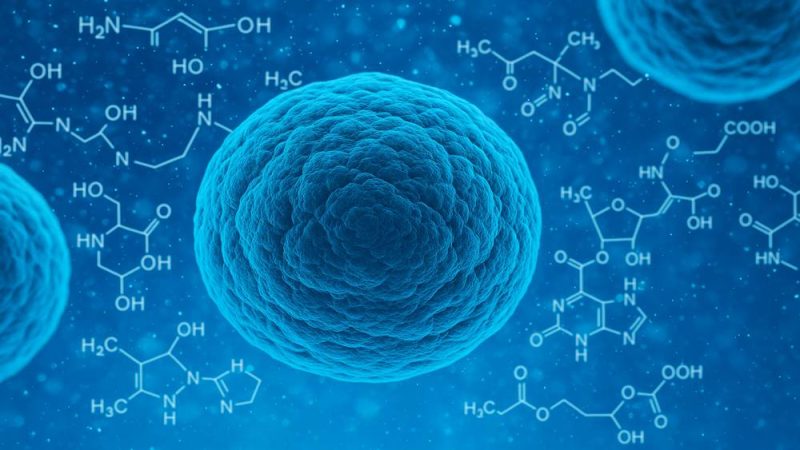Arthritis in dogs
Arthritis in dogs is a painful, life-altering disease that cannot be cured, only treated and prevented. Arthritis is actually a collective name for many rheumatological diseases. We refer to osteoarthritis, which is the result of wear and tear on the joints,…
read moreAbout cartilage wear in dogs in general
In the cartilage tissue of healthy dogs, cartilage breakdown and recovery are in balance. In the case of cartilage destruction, cartilage metabolism is upset and shifted towards degradation. The condition of the articular cartilage is then determined by the quality…
read moreMastocytoma (mast cell tumour) in dogs
Unfortunately, the exact causes of mastocytoma (mast cell tumor) in dogs are still unknown today, but it is one of the most common types of skin cancer in dogs. Mast cells, also called mastocytes, are specialized white blood cells that…
read moreOsteosarcoma (bone cancer) in dogs
Osteosarcoma is one of the most common types of cancer in dogs. It usually develops in middle-aged or older (although it is increasingly common in younger dogs, 2-3 years old), large breeds of dog (Bernese Mountain, Newfoundland, Great Dane, Pyrenean…
read moreHemangiosarcoma in dogs
Hemangiosarcoma (tumor of blood vessels) is a very common, highly malignant type of cancer in dogs, and metastases often appear in the initial stages. Hemangiosarcoma occurs mainly in areas rich in blood vessels. However, it can actually appear anywhere in…
read moreThe dog cancer and the medicinal mushroom
It helps to understand what exactly a tumour is One of the main functions of the immune system is to identify and destroy defective tumor cells before they can continue to reproduce themselves and the defect. Put simply, the most…
read moreElbow dysplasia in dogs
Elbow dysplasia is the second most common hereditary musculoskeletal disease after hip dysplasia. It is most common in large dogs. Description of elbow dysplasia The essence of elbow dysplasia is that the articular surfaces of the arm bone and two…
read more





